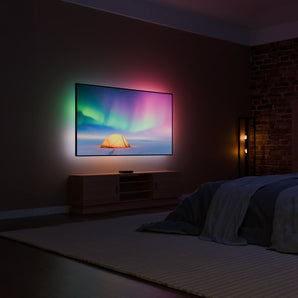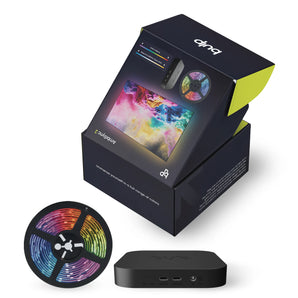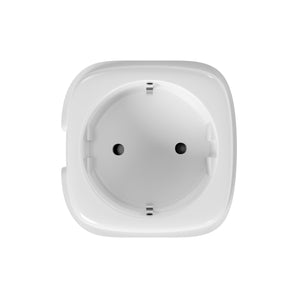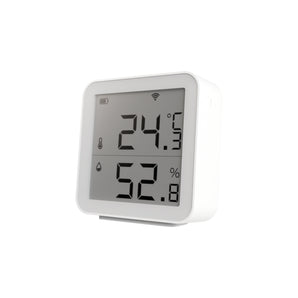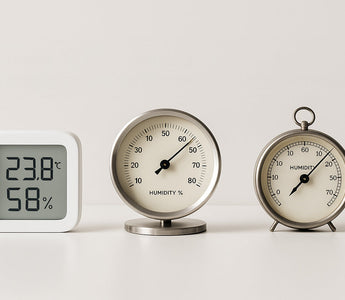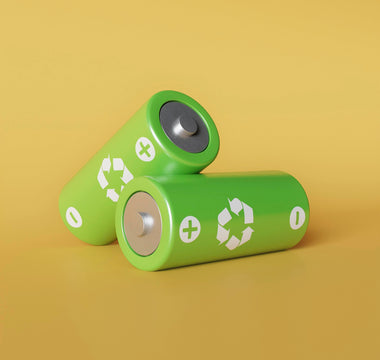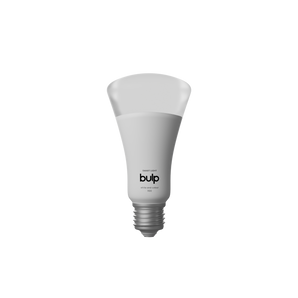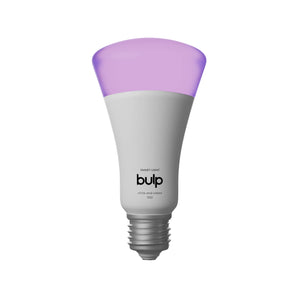When it comes to monitoring indoor climate, hygrometers play a crucial role in measuring humidity levels. But not all hygrometers are created equal. You’ve likely come across smart hygrometers, traditional analog hygrometers, and perhaps even those that use something as surprising as hair to track moisture in the air.
Each of these has its own strengths - and limitations. In this article, we’ll walk you through the key differences in how they work, how accurate they are, and what to expect in terms of durability, precision, and usability - whether you're using a wireless hygrometer, thermo hygrometer, or something more traditional.
1. Smart Hygrometers: Digital, Connected, and Convenient
How they work:
A smart hygrometer (sometimes mistakenly called a smart hydrometer) uses electronic sensors - often capacitive or resistive - to detect moisture in the air. These devices are typically powered by batteries or USB and often connect via Bluetooth or Wi-Fi. A smart hygrometer WiFi model allows you to view data remotely through an app, and some even integrate with smart home systems as a HomeKit hygrometer.
Accuracy:
Most models are built as a precision hygrometer, offering high accuracy in the range of ±1% to ±3% RH. Because they’re digital, these (smart) hygrometers can log data and send alerts if humidity levels fall outside your desired range.
Durability & maintenance:
Smart hygrometers are designed for long-term use with minimal upkeep. Most are housed in sturdy casings, and many feature auto-calibration for consistent performance.
Other perks:
-
Can act as a humidity reader for home
- Work together with other Smart Devices like smart plugs
-
Combine temperature and humidity data via a thermo hygrometer sensor
-
Some options are marketed as hygrometer mini models - compact and easy to place in any room
-
You might also see them listed as a digital hydrometer or hygrometer digital, depending on region or retailer wording
-
Popular among tech-savvy users who prefer a WiFi hygrometer or wireless hygrometer for full control
2. Analog Hygrometers: Simple and Mechanical
How they work:
Analog hygrometers usually operate using a coil or metal spring mechanism that expands or contracts depending on the humidity. These movements shift a needle along a dial. No electricity or apps required.
Accuracy:
While they can be reliable when calibrated, analog hygrometers usually have a wider margin of error compared to digital or smart models. Many do not reach the level of a precision hygrometer, and readings may deviate by ±5% or more over time.
Durability & maintenance:
Mechanical wear and tear is common. Regular calibration is key to keeping analog hygrometers accurate, and some may be sensitive to dust or sudden temperature changes.
Other perks:
-
No need for power or connectivity
-
Aesthetic charm and vintage appeal
-
Useful in settings where electronics might be impractical
3. Hair Hygrometers: The Surprisingly Old-School Science
How they work:
A hair hygrometer uses either human or synthetic hair to detect moisture. Hair strands naturally expand in high humidity and contract in dry air. These physical changes are mechanically translated to needle movements on a dial.
Accuracy:
While older in design, hair hygrometers can offer consistent performance in indoor spaces. They may not match the ultra-fine readings of a modern thermo hygrometer, but they remain surprisingly effective when well-maintained.
Durability & maintenance:
This is where hair hygrometers need more attention. Dust, oils, or pollution can coat the hair and reduce accuracy. Gentle cleaning and occasional recalibration are usually required.
Other perks:
-
Passive and eco-friendly (no batteries or tech needed)
-
Still used in some laboratories and museums for specific monitoring tasks
-
Offer a fascinating look at how humidity was measured long before digital tools came around
So, Which One Is Right for You?
Choosing between a smart hygrometer, analog model, or hair hygrometer comes down to your lifestyle and needs:
-
If you value remote access, historical data, and integration with other devices, a smart hygrometer WiFi model - or even a HomeKit hygrometer - will offer the most flexibility.
-
Prefer something straightforward? A traditional analog model or hygrometer mini might be ideal.
-
Want to explore a scientific classic? A hair hygrometer could be an intriguing option, especially if you enjoy mechanical devices.
Whether you're looking for a digital hydrometer, a thermo hygrometer sensor, or just a reliable humidity reader for home, the key is to choose a tool that matches your environment - and your expectations for accuracy and convenience.
